Sorbonne University Rankings
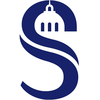

| Ranking | Category |
|---|---|
| #2527 of 14,131 | In the World |
| #789 of 2,785 | In Europe |
| #97 of 224 | In France |
| #33 of 65 | In Ile-de-France |
| #18 of 27 | In Paris |
Quick Review
- Enrollment
- 58,132
- Type
- Non-profit
- Funding
- Public-private
partnership - Highest Degree
- Doctorate
- Website
- www.sorbonne-universite.fr
- Languages
- French
- Acceptance rate
- 41%*
* Sorbonne University is among the institutions that don't provide data on acceptance rates. This might happen because the university has programs where applicants only need to meet admission requirements to enroll and don't necessarily compete with others.
We estimate the above acceptance rate based on admission statistics of closely ranked nearby universities with similar research profiles that do publish such data.
Acceptance rate & Admissions
| Admissions Requirements | Secondary school certificate (baccalauréat) or equivalent, or special entrance examination |
|---|---|
| Academic Calendar | October to June (October - February; February-June) |
| Enrollment | 58,132 |
| Full time employee | 6,300 |
| Student:staff ratio | 9:1 |
Tuition
The tuition table for Sorbonne University gives an overview of costs but prices are approximate and subject to change and don't include accommodation, textbooks, or living expenses. The costs of programs might differ significantly for local and international students. The only source of truth for current numbers is the university's official website.
| Program | Annual Tuition Cost (EUR) |
|---|---|
| Bachelor's Degree | 170 |
| Master's Degree | 240 |
| Doctoral Degree | 380 |
The currency used is Euro (EUR).
Programs and Degrees
The table below displays academic fields with programs and courses that lead to Bachelor's, Master's, and Doctorate degrees offered by Sorbonne University.
Note that the table provides a general overview and might not cover all the specific majors available at the university. Always visit the university's website for the most up-to-date information on the programs offered.
| Programs | Bachelor | Master | Doctoral |
|---|---|---|---|
| Art & Design | Yes | Yes | Yes |
| Biology | Yes | Yes | Yes |
| Business | No | Yes | TBD |
| Chemistry | Yes | Yes | Yes |
| Computer Science | Yes | Yes | Yes |
| Economics | No | Yes | TBD |
| Engineering | Yes | Yes | Yes |
| Environmental Science | Yes | Yes | Yes |
| Liberal Arts & Social Sciences | Yes | Yes | Yes |
| Mathematics | Yes | Yes | Yes |
| Medicine | Yes | Yes | Yes |
| Physics | Yes | Yes | Yes |
| Psychology | Yes | Yes | Yes |
| Licence | Biological and Life Sciences, Chemistry, Computer Engineering, Earth Sciences, Electrical and Electronic Engineering, Electronics and Automation, Engineering, Mathematics, Mechanical Engineering, Natural Sciences, Physics, Technology |
|---|---|
| Licence professionnelle | Biotechnology, Business and Commerce, Chemistry, Computer Science, Environmental Studies, International Business, Library Science, Regional Planning, Town Planning |
| Diplôme d'État | Midwifery, Nursing, Occupational Therapy, Podiatry |
| Master | Archaeology, Art History, Biological and Life Sciences, Chemistry, Communication Studies, Computer Science, Cultural Studies, Ecology, Engineering, Environmental Studies, Geography, Health Sciences, History, Information Sciences, Insurance, Linguistics, Literature, Management, Mathematics, Modern Languages, Musicology, Philology, Philosophy, Physics, Sociology, Town Planning |
| Doctorat | Ancient Civilizations, Arabic, Archaeology, Art History, Comparative Literature, Contemporary History, Cultural Studies, English Studies, European Studies, Germanic Studies, History, Information Sciences, International Business, Linguistics, Medieval Studies, Modern History, Musicology, Philosophy, Slavic Languages, Sociology |
Sorbonne University alumni
-
Marie Curie

- Occupations
- chemistuniversity teacherphysicist
- Biography
-
Maria Salomea Skłodowska-Curie, known simply as Marie Curie, was a Polish and naturalised-French physicist and chemist who conducted pioneering research on radioactivity. She was the first woman to win a Nobel Prize, the first person to win a Nobel Prize twice, and the only person to win a Nobel Prize in two scientific fields. Her husband, Pierre Curie, was a co-winner of her first Nobel Prize, making them the first-ever married couple to win the Nobel Prize and launching the Curie family legacy of five Nobel Prizes. She was, in 1906, the first woman to become a professor at the University of Paris.
-
Frédéric Beigbeder
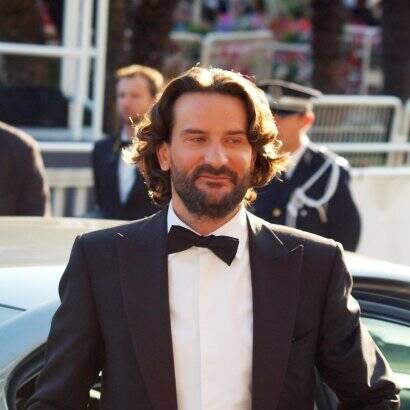
- Occupations
- actorfilm directorliterary criticscreenwritershort story writer
- Biography
-
Frédéric Beigbeder is a French writer, literary critic and television presenter. He won the Prix Interallié in 2003 for his novel Windows on the World and the Prix Renaudot in 2009 for his book A French Novel. He is also the creator of the Flore and Sade Awards. In addition, he is the executive director of Lui, a French adult entertainment magazine.
-
Louis de Broglie
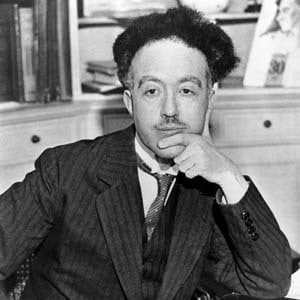
- Occupations
- physicist
- Biography
-
Louis Victor Pierre Raymond, 7th Duc de Broglie was a French aristocrat and physicist who made groundbreaking contributions to quantum theory. In his 1924 PhD thesis, he postulated the wave nature of electrons and suggested that all matter has wave properties. This concept is known as the de Broglie hypothesis, an example of wave–particle duality, and forms a central part of the theory of quantum mechanics.
-
Julia Ducournau
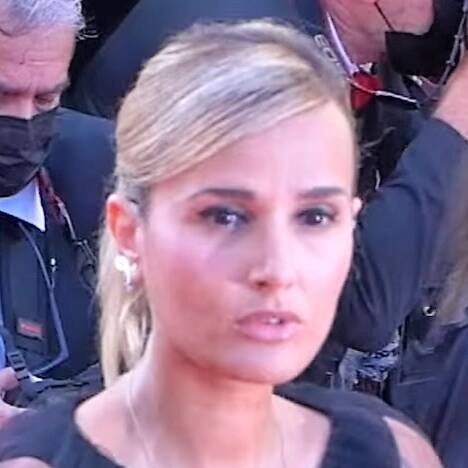
- Occupations
- film directordirectorscreenwriter
- Biography
-
Julia Ducournau is a French film director and screenwriter. She made her feature film debut in 2016 with Raw. At the 2021 Cannes Film Festival, she won the Palme d'Or for her film Titane, which made her the second female director to win the award as well as the first to win the award solo. Additionally, Ducournau also received a nomination for Best Director at the 75th British Academy Film Awards. Her films typically fall under the body horror genre.
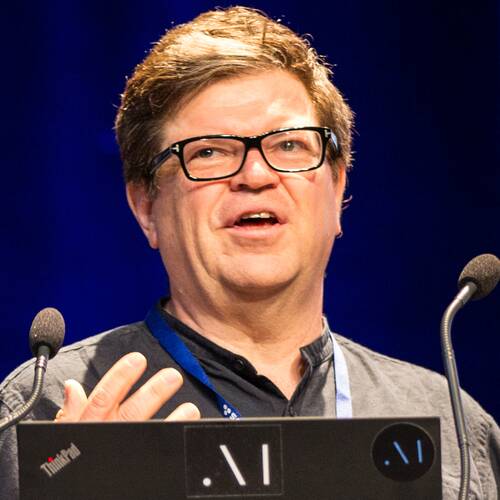
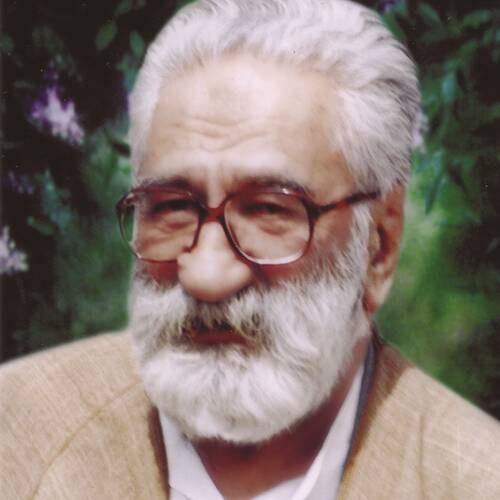
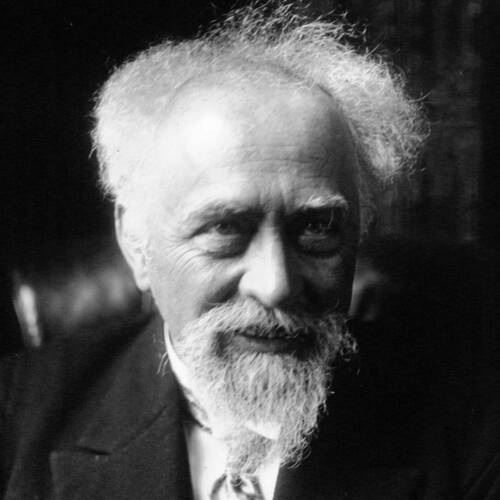

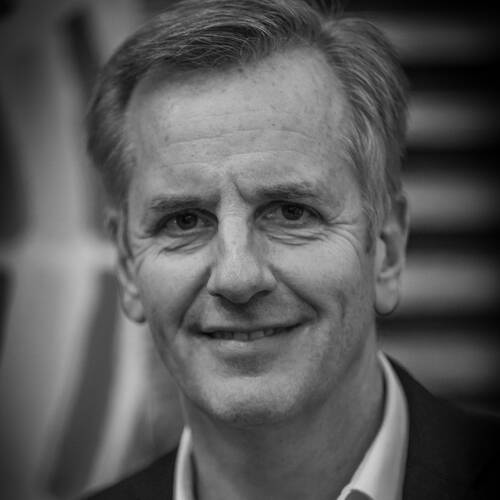
Sorbonne University faculties and divisions
| Faculty : Letters | Arabic, Archaeology, Art History, Catalan, Education, European Languages, Foreign Languages Education, Geography, Germanic Languages, Greek, Hebrew, History, Information Technology, Italian, Journalism, Linguistics, Literature, Mass Communication, Music, Musicology, Philosophy, Polish, Portuguese, Publishing and Book Trade, Romance Languages, Russian, Serbocroatian, Slavic Languages, Sociology, Spanish |
|---|---|
| Faculty : Medicine | Dentistry, Medicine, Midwifery, Podiatry, Rehabilitation and Therapy |
| Faculty : Science and Engineering | Actuarial Science, Biological and Life Sciences, Chemistry, Computer Science, Earth Sciences, Engineering, Mathematics, Mechanics, Physics |
| School : Information and Communication Studies (CELSA) | Advertising and Publicity, Communication Studies, Information Sciences, Journalism, Marketing, Media Studies |
General information
| Alternative names | SU Sorbonne Université |
|---|---|
| Founded | 2018 |
| Accreditation | Ministry of Higher Education, Research and Innovation |
| Colors | indigo, yellow |
Location and contacts
| Address | 21, rue de l’École de Médecine Paris, 75006 France |
|---|---|
| City population | 2,146,000 |

